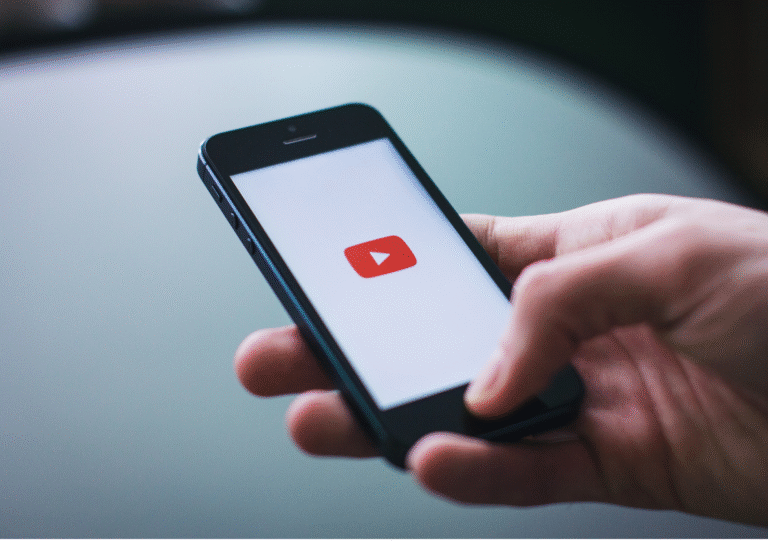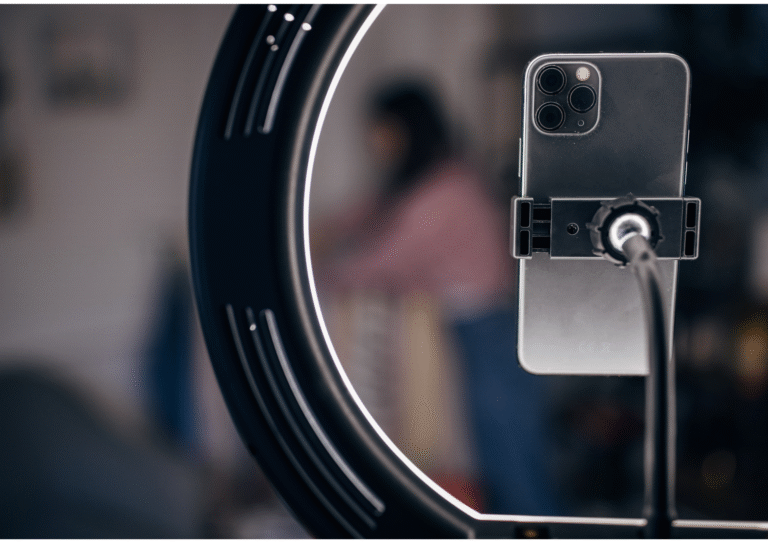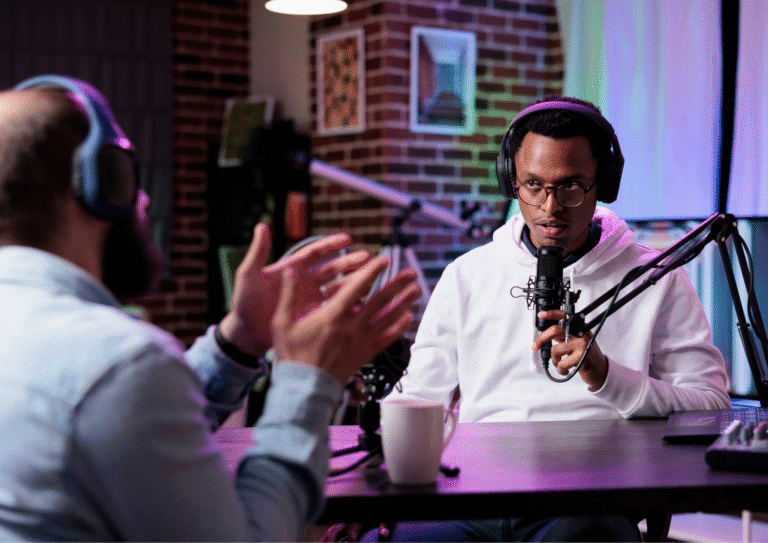We live in a world where YouTube isn’t just entertainment. It’s an identity, an economy, and a powerful source of influence, all wrapped into one platform. On this stage, creators can become overnight celebrities. Yet, behind the curated thumbnails and “just being real” vlogs, there’s a darker current: the rising trend of narcissistic behaviors online.

At the heart of this trend is narcissism, a complex personality trait. When extreme, it becomes a recognized disorder, detailed in the Diagnostic and Statistical Manual of Mental Disorders (DSM-5). This raises a crucial question: What happens when a digital culture actively rewards narcissistic behavior? YouTube, perhaps, offers the best (and worst) case study we have. Understanding this dynamic is vital for anyone engaging with online content today.
“Not All YouTubers Are Narcissists” – And That’s True
Let’s be fair right from the start. Many content creators are thoughtful, generous, and truly community-oriented. They share helpful tutorials, tell powerful stories, and use their platforms for genuine good. Some even dislike being on camera but do it because their message is so important.
So, no, simply being a YouTuber doesn’t automatically make someone a narcissist. However, here’s the twist: The platform itself often favors those who exhibit behaviors commonly associated with narcissism. This leads us to consider the clinical definition.
What the DSM-5 Really Says About Narcissism
To understand this better, let’s look at the official definition. In plain language, the DSM-5 defines Narcissistic Personality Disorder (NPD) as involving:
“A pervasive pattern of grandiosity (in fantasy or behavior), a need for admiration, and a lack of empathy, beginning by early adulthood and present in a variety of contexts.” (American Psychiatric Association, 2013)
Key Traits of Narcissistic Personality Disorder (NPD): When diagnosing NPD, mental health professionals look for at least five of these core traits:
- A pervasive sense of grandiosity (an inflated sense of self-importance).
- A preoccupation with fantasies of unlimited success, power, brilliance, beauty, or ideal love.
- A belief that they are “special” and unique, only understood by, or should associate with, other special or high-status people or institutions.
- A constant, excessive need for admiration.
- A strong sense of entitlement (unreasonable expectations of favorable treatment).
- Exploitativeness in relationships (taking advantage of others to achieve their own ends).
- A lack of empathy (unwillingness to recognize or identify with the feelings and needs of others).
- Envy of others or a belief that others are envious of them.
- Arrogant, haughty behaviors or attitudes.
Now, consider some of YouTube’s most infamous creators. Does this sound familiar? The connection between these traits and successful online personas is striking.
The Algorithm’s Unintended Consequences: Rewarding Certain Traits
This analysis on The Role of Narcissism in YouTube Culture highlights why the line between healthy confidence and clinical narcissism has become dangerously thin online. Here’s the key point: YouTube’s algorithm actually rewards attention, not necessarily integrity.
If a creator is charismatic, polarizing, and willing to overshare (or even fake an entire breakup for engagement), the system often favors them. Consequently, creators who act narcissistically frequently go viral faster than those who remain grounded. It’s not necessarily their fault; in a way, they’re simply adapting to a system that rewards emotional spectacle over sincerity.
Dr. Jean Twenge, a psychologist and author of The Narcissism Epidemic, has found that social media use correlates with increased narcissistic traits, particularly in younger generations. As she explained in an interview with Psychology Today:
“Social media platforms like YouTube are designed to showcase the self… and when you do that often enough, you start to believe your own highlight reel” (Twenge, 2020).
This dynamic illustrates how the very structure of the platform can subtly encourage these behaviors.
Let’s Be Honest: We Enjoy the Online Drama
Now, here’s the part no one truly wants to admit: We, the audience, are often complicit. We love drama. We enjoy watching confident people who push boundaries. We love following the rise and the crash-especially when it comes with a shaky apology video and a new merchandise drop.
Sometimes, when we’re really bored, we even re-watch the “crash” just for that one moment when the tears don’t look quite real. Dark? Yes. But admit it, this observation might ring true for many of us. This dynamic leads us to a crucial question.
Confidence vs. Narcissism: Drawing the Line
So, what’s the actual difference between a confident creator and one who exhibits narcissistic traits? It primarily comes down to self-awareness and empathy.
A healthy YouTuber might say: “I love my work, but I know I’m not the center of the universe. My audience matters.” A narcissistic one often says: “I am the work. I am the brand. And if you disagree, you’re just a hater who doesn’t understand my genius.”
Dr. Ramani Durvasula, a clinical psychologist who specializes in narcissism, frequently reminds us: “The tricky thing about narcissists is that they don’t see a problem. Everyone else is the problem” (Durvasula, 2019). This highlights a key distinction in their mindset.
Traits of Healthy Creators: Creators who thrive without slipping into narcissistic patterns tend to:
- Maintain a strong, supportive team.
- Actively seek and accept feedback.
- Genuinely acknowledge their audience’s value and contributions.
- And, here’s a wild concept: they log off sometimes, maintaining a life outside the camera.
Narcissism is Contagious, But So Is Integrity
When a generation of viewers sees success modeled by people who are loud, attention-hungry, and ruthlessly self-promoting, they start to mirror that behavior. This isn’t just about YouTubers anymore; it’s about us, the broader society.
Consequently, Gen Z and Gen Alpha are growing up with the subtle (or not-so-subtle) message: “If I’m not the center of the screen, I might not matter.” That’s a terrifying thought.
However, there’s also good news: The internet can reward authenticity. More and more creators are pushing back against the narcissistic trend in subtle but powerful ways. They do this by collaborating genuinely, showing their failures, and embracing their true human selves instead of presenting a hyper-curated facade. For more on navigating authenticity online, consider reading: Authenticity in the Age of Social Media.
Final Thoughts: So… Are We All Just Narcissists Now?
Not quite. There’s a distinct difference between healthy self-expression and harmful self-obsession. While platforms like YouTube certainly make it harder to separate the two, they don’t force us to cross that line. We, as individuals, still get to choose how we show up online, and how we respond to the content we consume.
If you’re a viewer: The next time you click on a video, pause. Ask yourself: Is this person genuinely sharing a part of themselves, or are they performing a manufactured version for admiration? If you’re a creator: Ask yourself: Is this content truly about my audience and the value I provide, or is it primarily serving my own ego?
Your Turn: Start the Conversation
Let’s start a conversation about this important topic. Share your thoughts in the comments below, discuss it with friends, or even on your own channel.
Because the more we understand how narcissism shows up in online culture, the less power it holds over us. And who knows? Maybe the next viral trend won’t be another scandal. Perhaps it will be a creator who’s unapologetically, refreshingly real.
References:
- American Psychiatric Association. (2013). Diagnostic and Statistical Manual of Mental Disorders (DSM-5®). American Psychiatric Publishing. Link to APA DSM-5 information (External)
- Durvasula, R. (2019). Don’t You Know Who I Am?: How to Stay Sane in an Era of Narcissism, Entitlement, and Incivility. Post Hill Press. [Link to book on publisher’s or Amazon page (External)]
- Twenge, J. (2020). Interview with Psychology Today on narcissism and social media. [Link to a specific Psychology Today interview with Dr. Jean Twenge




